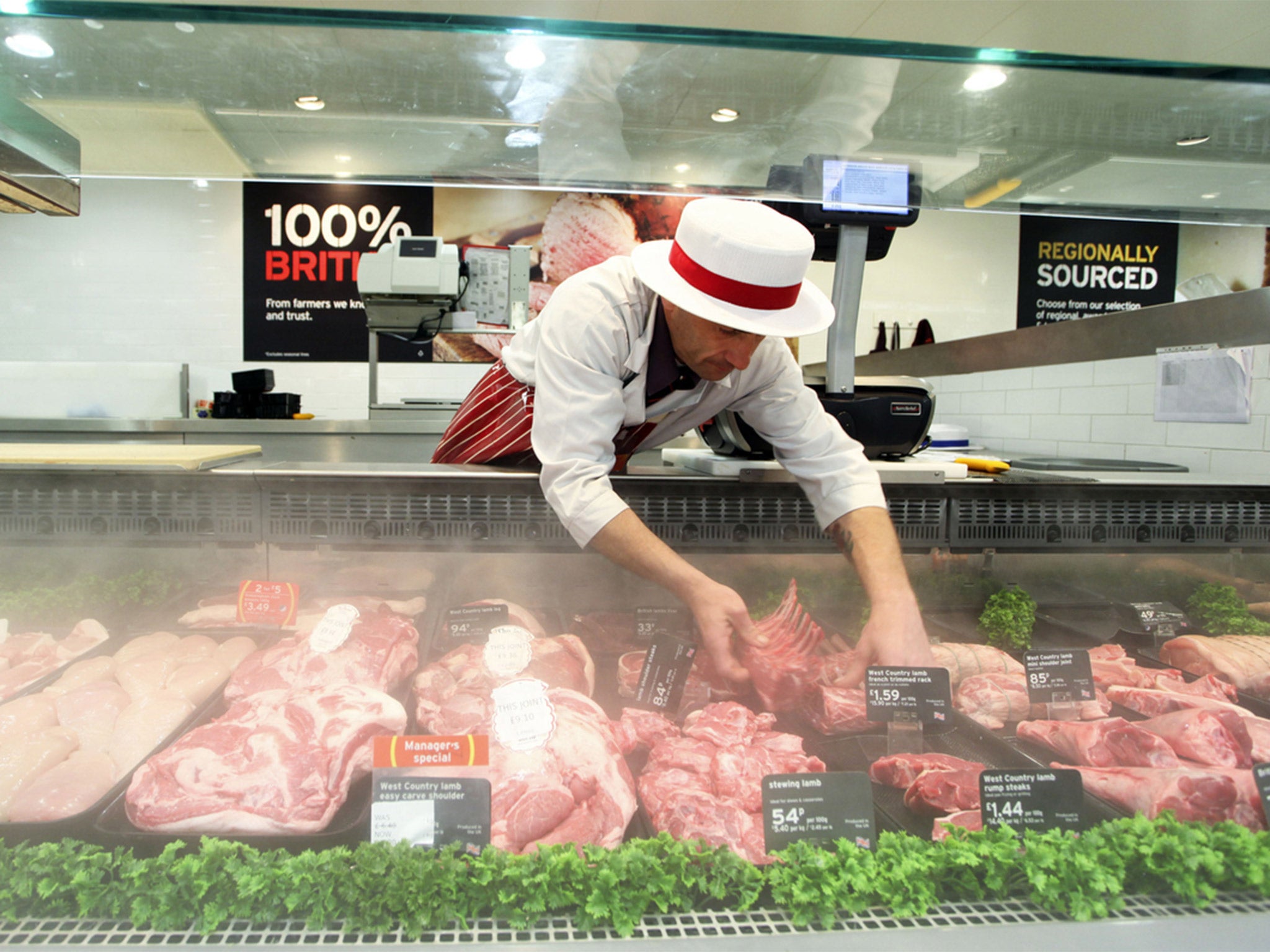Living wage legacy: Costa says it will cost £20m, but other retailers are more supportive
Costa claims the new statutory pay rate will mean price hikes and convenience stores warn of lay-offs. But Simon Neville finds some retailers feel they are able to absorb the increase

Costa Coffee has stuck its head above the parapet by revealing that the Government’s national living wage will hit its bottom line by up to £20m. In doing so it added its name to a list of businesses admitting that the change could be very damaging.
The Office for Budget Responsibility said at the time of the announcement, in George Osborne’s summer Budget, that the living wage could lead to the loss of 60,000 jobs across the country by 2020, when hourly pay will hit £9 an hour for over-25s.
But few on the high street have come out and put a figure on the impact on profits and headcount. So is it a case of heads in the sand? Sources in the sector say not – they claim it is simply too early to make accurate predictions, although the high street is certainly well aware of the issues that face it.
Last week, the British Retail Consortium held a meeting with some of the biggest chains to discuss the issue and come up with a solution. But with little detailed analysis, it remains hard to work out the numbers. As each month passes, however, more and more big employers will have to do just that and calculate how many jobs will go and what shareholders can expect in terms of the value of their investments.
Care homes have already led the way. Last month, the biggest providers wrote to the Chancellor to say the living wage would cause a “catastrophic collapse” in the number of care homes, explaining that 60 per cent of the cost of care is staffing.
Four Seasons, Bupa, HC-One, Care UK and Barchester said the wage rise would cost the sector £1bn by 2020 – at a time when local authorities continue cutting funding to care homes for their residents. By comparison, the warning from Costa’s owner Whitbread looks like small change – a hit of between £15m and £20m.
But many believe it could be the tip of the iceberg for the high street, as more players prepare to publish their own bad news.
The Whitbread chief executive, Andy Harrison, warned that there could be “selective price increases” to cover the extra costs.
He said: “I cannot rule out price increases when there has been such a big increase inn the single-largest cost part of our business – people.
“We are supportive of a steady increase in the national living wage but this is quite a big one which came out of the blue in the summer Budget.”
Out of Whitbread’s total hourly paid staff of 42,000, around 34,000 are currently paid £7.20 or less an hour – and of those, 16,000 are over 25 and so will benefit from the living wage.
The company also owns the Beefeater, Brewers Fayre, Table Table and Taybarns restaurant chains.
Mr Harrison added: “We shall mitigate this substantial price increase over time with a combination of productivity improvements boosted by investments in systems and training and efficiency improvements.
“At least it is much easier to absorb something like this in a fast-growing business which is set to create around 3,000 jobs this year.”
But not every business is growing at the same speed, and a report by the Federation of Small Businesses and recruitment company ManpowerGroup Solutions reveals that employers have already started cutting back on recruitment plans, and that job prospects are at their weakest since 2012.

Interserve, the support services company, has said the extra annual wage bill for its 15,000 cleaners could total £15m, or 12 per cent of its annual profits. The social care provider Mears Group estimates that the cost for its 4,000 care workers will be £5m, or a tenth of its annual profits, according to the report.
John Cridland, director-general of the CBI, has also warned that smaller companies would be most affected – a position echoed by the Association of Convenience Stores.
The ACS chief executive James Lowman warned that the national living wage – which must go up by around 6 per cent every year between now and 2020 – will land the sector with a bill for £166m, with up to 24,000 stores and 80,000 jobs at risk.
He added: “We have always supported a national minimum wage, but the move to a higher compulsory national living wage will have a devastating impact on our sector.”
The former Sainsbury’s chief executive Justin King has also added his voice to the mix, warning last month that the wage increase would “destroy jobs”.
And, on Friday, the pub chain Wetherspoons will unveil its latest set of results, with chairman Tim Martin expected to reveal how much his business expects to be hit by the increase.
There have, though, been some calmer voices in the business world, and in particular on the high street, where supermarkets must start deciding how to look after their massive workforces.
Last week, the Co-op said the living wage rises would not have an impact on its business, dismissing Mr King’s fears, while over at Sainsbury’s the current chief executive, Mike Coupe, recently announced a pre-emptive pay rise for staff to above £7.20 an hour.
Others in the sector have also waved away concerns; Sports Direct said the impact would affect its £300m wage bill by around 1 to 2 per cent.
Tom Ironside, the British Retail Consortium’s director of business and regulation, said the issue is a huge one for the industry.
He added: “While the imminent increase to £7.20 for the over-25s is the focus of immediate attention, it is the longer-term progression to £9 per hour in the last year of the Parliament that will prove the biggest challenge.
“The implications of these increases will have a significant impact on the future shape and structure of the retail industry.”
From care to cleaning: The cost of living wage
Hospitality
Costa Coffee
Staff: 42,000
Cost: £15m to £20m
Care
Mears
Staff: 4,000
Cost: £5m
Cleaning
Interserve
Staff: 15,000
Cost: £15m
Convenience stores
Staff: 407,000
Cost: £166m
Join our commenting forum
Join thought-provoking conversations, follow other Independent readers and see their replies
Comments
Bookmark popover
Removed from bookmarks